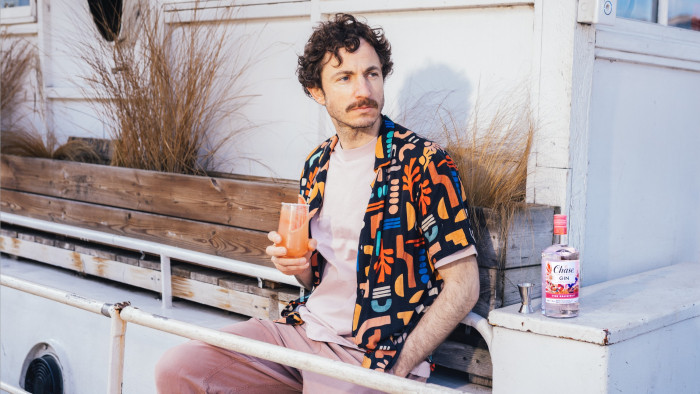Some potentially huge news for you.
A British man could become one of the first people in the world to be cured of HIV after all traces of the disease appeared to vanish from his blood.
"This is one of the first serious attempts at a full cure for HIV," managing director of the National Institute for Health Research Office for Clinical Research Infrastructure Mark Samuels told The Times.
"We are exploring the real possibility of curing HIV. This is a huge challenge and it's still early days but the progress has been remarkable."
The 44-year-old is one of fifty patients receiving new trial therapy designed by a team of scientists from five UK universities that sees standard antiretroviral drugs combined with a drug that reactivates dormant HIV. This new process can then help the body to destroy cells infected with HIV, but also eliminate the disease in its dormant state - which is a big deal.
One aspect of HIV that makes it so hard to treat is the way in which it ruins the immune system - specifically something called T-cells. HIV causes T-cells to turn into HIV factories, producing more of the virus. Infect T-cells can then become dormant, hiding themselves from current HIV therapies - which can result in some patients appearing to be "cured" before the virus becomes active again.
Scientists carrying out the trial are thus hesitant to announce the results as proof they have developed an HIV cure, but it's a cause for great optimism in finding one.
"It would be great if a cure has happened," said the unidentified patient, a social care worker in London. "My last blood test was a couple of weeks ago and there is no detectable virus.
"I took part in the trial to help others as well as myself. It would be a massive achievement if, after all these years, something is found to cure people of this disease. The fact that I was a part of that would be incredible."
The patient could become only the second person to ever be cured of HIV: Timothy Brown, the 'second' Berlin patient, was cured from the disease following a trial therapy that saw him received a stem cell transplant from a donor naturally resistant to HIV. Tests on the new trail will continue for the next five years to monitor its success, before it can be considered as a viable therapy.
"It has worked in the laboratory and there is good evidence it will work in humans too, but we must stress we are still a long way from any actual therapy," said Professor Sarah Fidler, a consultant physician at Imperial College London.
"We will continue with medical tests for the next five years and at the moment we are not recommending stopping [anti-retroviral therapies] but in the future depending on the test results we may explore this."
Well done, science.
[Via: The Times]
(Image: iStock)
Latest


Metaspeed Ray: Asics's lightest running super shoe to date


Ten things you need to know about Hyrox


Is clubbing actually good for you? We asked an expert
Related Reviews and Shortlists


Horticulturist shares tips on how to urban garden






